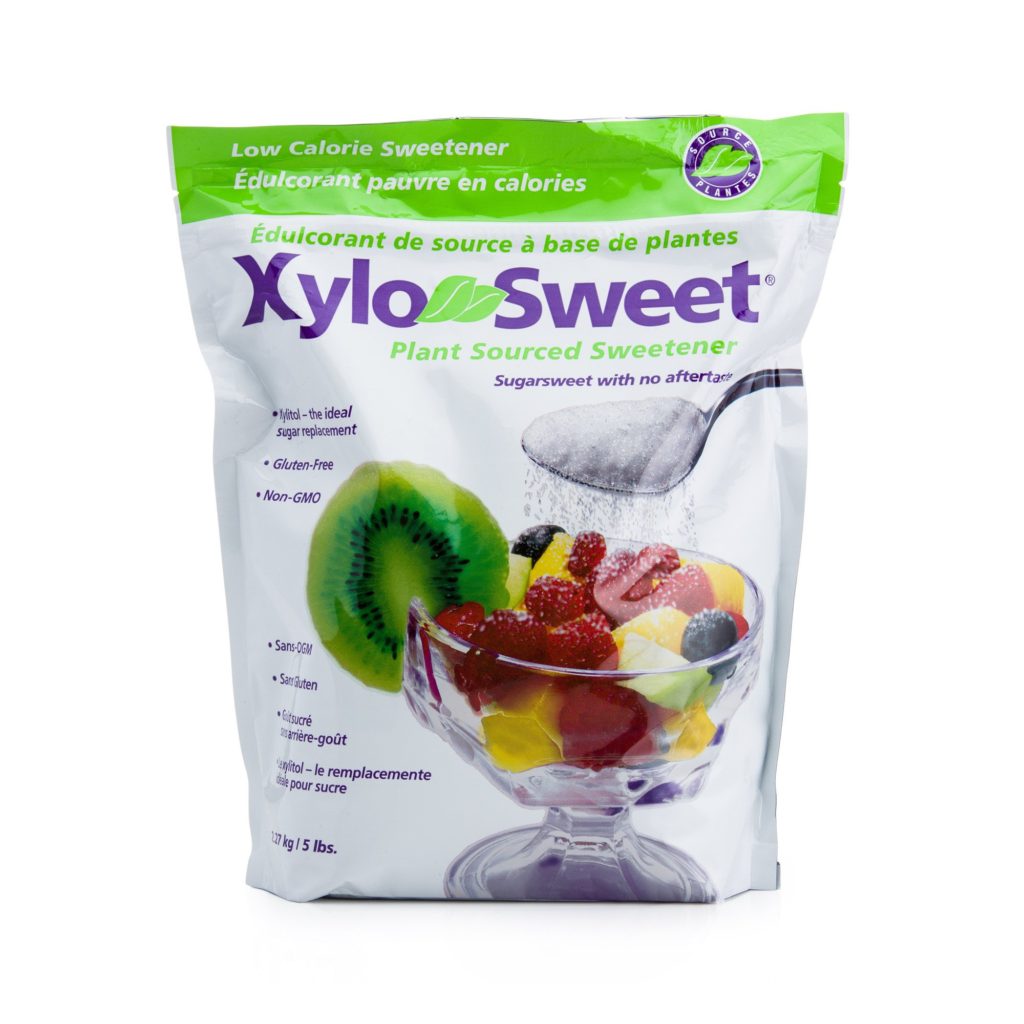ALTERNATIVES TO FLUORIDE – XYLITOL
Throughout my career, I’ve come across an increasing number of patients who question or outright reject the idea that fluoride is safe for human consumption. The American Dental Association supports the continued use of fluoride both as an additive in drinking water and in topical applications such as those you receive during your regular check-up and cleaning. I can actually feel the difference in density of the tooth enamel when I drill into the tooth of someone who grew up drinking fluoridated water versus someone who did not. While it may be effective, there are other options available for anyone concerned about safety. This two-part blog post goes over some of the products available that can help you improve your oral health without the use of fluoride. Those of you currently using fluoride would still benefit from the addition of these as supplements in your current routine.

One popular and proven anti-cavity ingredient is xylitol, a naturally occurring sugar alcohol derived from plants. In my opinion, as a sugar substitute, it tastes much better than the older Splenda or Sweet-N-Low. When the harmful bacteria in your mouth consume xylitol, they cannot process it as a food source and essentially starve which leads to less plaque over time. Because xylitol is a nonfermentable sugar alcohol, the cavity causing bacteria cannot convert it into an acid byproduct. You can read my previous blog post here on the cause of decay for further information on why controlling this acid exposure is so important for your oral health.
While there are many brands of xylitol supplements on the market, the most prevalent brand is the Spry line of products made by Xlear. For optimum anti-cavity activity, the recommended dose of xylitol is 5 – 10 grams daily. To achieve this, you could use Spry gum, mints or candy 3-5 times a day. Other Spry products include fluoride-free mouthwashes and toothpastes for both adults and kids. They also offer moisturizing agents to help relieve dry mouth, a common condition that also raises the risk of tooth decay as discussed in previous posts.
If you are interested in these, you can visit the online store yourself at www.xlear.com. There you can also browse their line of sinus care products such as cough drops and nasal sprays. They also sell the granule form of xylitol, Xylosweet, used for foods, drinks and baking. I’ve also seen the mints and gum in the checkout line in brick-and-mortar stores such as Vitamin Shoppe and found Xylosweet in certain grocery stores. Xylitol is very toxic to dogs so do keep it out of reach of any canine members of your family.
If you have any further questions about xylitol, feel free to contact us at Tidewater Dental Arts. We have samples you can try and even sell some products in the office. Together we can discuss your oral health concerns, assess any risks, and formulate a game plan to treat and manage these challenges.

